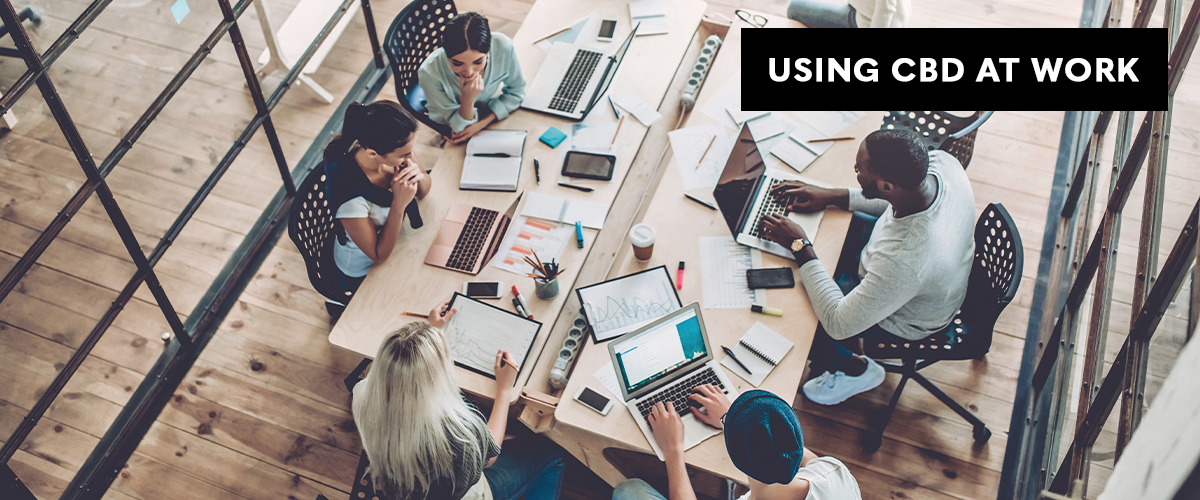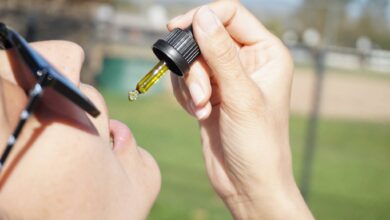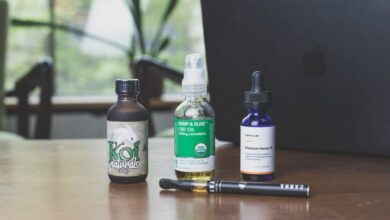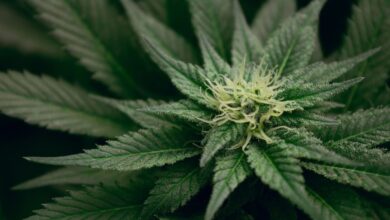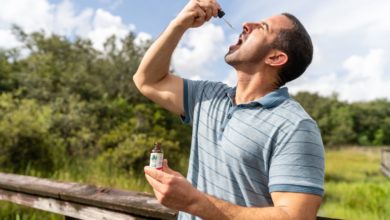With the advent of the 2018 Farm Bill and growing public support for full cannabis legalization, there’s never been a better time to consider legal cannabis products, such as cannabidiol or CBD for short. A major advantage of using CBD is that this material does not contain the psychoactive cannabinoid tetrahydrocannabinol (THC).
As you know, THC content is a hallmark of the currently illegal marijuana plant. Because THC interacts with cannabinoid receptors mostly located in our central nervous system (called CB1 receptors), it typically imposes negative impacts on our cognizance and overall awareness. That has huge repercussions when it comes to workplace performance.
That said, most professionals don’t have any incentive to jeopardize their careers. Whether it’s excessive alcohol consumption, smoking, THC-laced cannabis, or even controversial social media posts, self-aware workers keep their private lives private. And for the most part, this dynamic created a clear delineation between the professional class and perpetual troublemakers.
But with CBD, that line is blurred. Although cannabidiol is legal under federal law, individual states can elect more stringent measures. Currently, three states make buying CBD illegal: Nebraska, Idaho, and South Dakota. Of these, the former two have featured robust debates in their respective state legislatures about relaxing cannabidiol regulations.
Only South Dakota remains staunchly opposed to cannabis. Thus, an easy, partial answer to the question, will I get fired from my job if I take CBD?, is this: not if you don’t live in the three states mentioned above.
Unfortunately, CBD legality, especially as it relates to the workplace, is a fluid and convoluted topic. We’ll break down some of the basics to give you a better understanding of how to navigate these tricky waters.
Is CBD Legal in the Workplace?
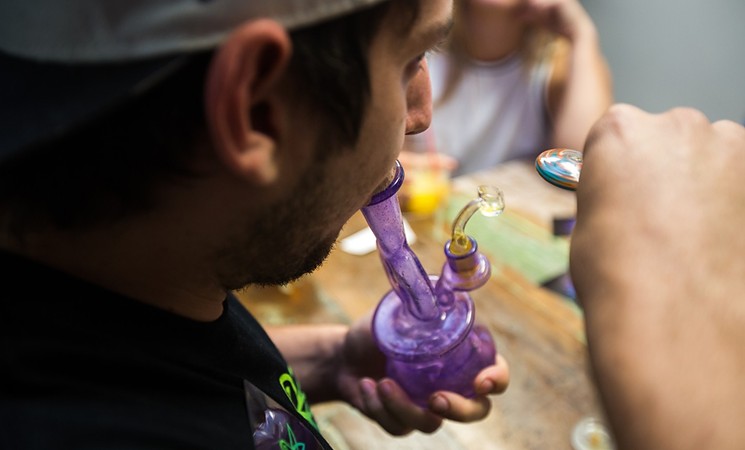
Before we dive into the complexities of whether taking CBD will get you terminated from your job, let’s discuss the obvious question: is cannabidiol legal in the workplace?
Surprisingly, it’s not the CBD that makes this botanical therapy such an ambiguity in corporate America. Because of the specific language in the 2018 Farm Bill – that industrial hemp and hemp-derived products are legal in the U.S. – employers have no real leverage to demand that their employees are CBD free.
Similarly, even though excessive alcohol and tobacco use have caused serious harm to society, an employer typically cannot ban employees from their consumption. What they can prohibit, though, is the impaired performance that such products can engender in the scope of an occupation – for instance, drinking on the job.
Using a somewhat comparable logic, CBD consumption itself is not illegal. What is illegal is the THC that may impair the cognitive ability to perform your job. Therefore, this is the real kicker: you can use cannabidiol as much as you please, so long as your products don’t contain the psychoactive compound.
And because CBD products are legally marketed as “THC free” or “0% THC,” this should be a slam dunk case, right?
Well, not quite.
Different CBD Platforms, Drastically Different Results
Part of the problem regarding cannabidiol products is that they are vaguely regulated. While the Farm Bill legalized at the federal level the individual consumption of CBD, the cannabis plant is still considered a Schedule I drug. Thus, the Food and Drug Administration can’t regulate a product that to them, a federal agency, is considered illegal.
It’s a confusing narrative that should really be alleviated with full legalization of the cannabis plant. However, that’s another topic entirely. For our purposes here, CBD operates in a cloudy environment.
Primarily, this is because the most popular CBD format, called full spectrum CBD, contains not only cannabidiol, but other cannabinoids and essential oils, or terpenes. And among these various compounds is THC: a small trace, or the legal threshold of less than 0.3% THC content, but THC nonetheless.
Unfortunately, this creates a situation where it’s possible that those who copiously partake in full spectrum CBD may indeed trigger a drug test. Long story short, CBD prevents THC from binding to our body’s CB1 receptors. However, high volume consumption of full spectrum CBD may leave enough THC to bind to these receptors, resulting in a positive test result.
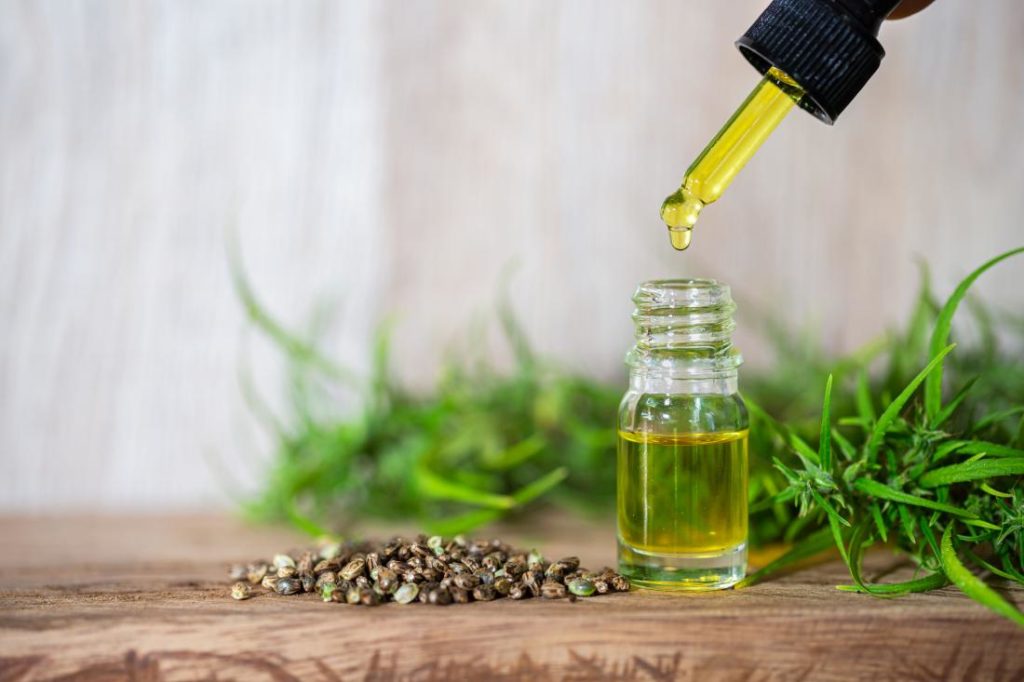
But that’s not the only issue involved. As we mentioned, CBD is vaguely regulated. Due to this ambiguity, CBD may contain larger than advertised quantities of THC, depending on the manufacturer. Thus, it’s crucial for botanical users to buy quality brands from reputable retailers like Nug Republic.
Another useful preventative measure is to use only CBD isolate or broad spectrum CBD. Both formats truly feature 0% THC but go about it in different ways. For isolate, only CBD is extracted, leaving behind all other cannabinoids and terpenes. For broad spectrum, everything is left in the product except for THC.
Because of the complexities involved, both isolate and broad spectrum tend to be more expensive than their full spectrum counterpart. Nevertheless, as a means to keep your job and your reputation intact, the extra bucks will go a long way.
The Law Is on Your Side
For most private enterprises, the only time you’ll typically encounter a drug test is during the application process. In this case, you have a clear advantage. As long as you hydrate and – to increase the odds in your favor – utilize isolate or broad spectrum CBD, you should be fine.
But even in the purview of full-time employment, the law still works to your advantage. For one thing, American society is becoming more aware of individual rights and dignity, and companies take this sentiment seriously for fear of litigation. More importantly, companies usually cannot drug test individual employees “just because.”
True, some states like California incorporate what’s known as “at-will employment.” This law deems that either the employer or employee can terminate employment at any time for any reasons. Still, many practical exceptions apply.
When it comes to CBD drug testing, employers must act fairly. In some states, random drug testing of either all or partial employees is not allowed. Where such actions are permissible, drug tests must be conducted fairly and with full transparency.
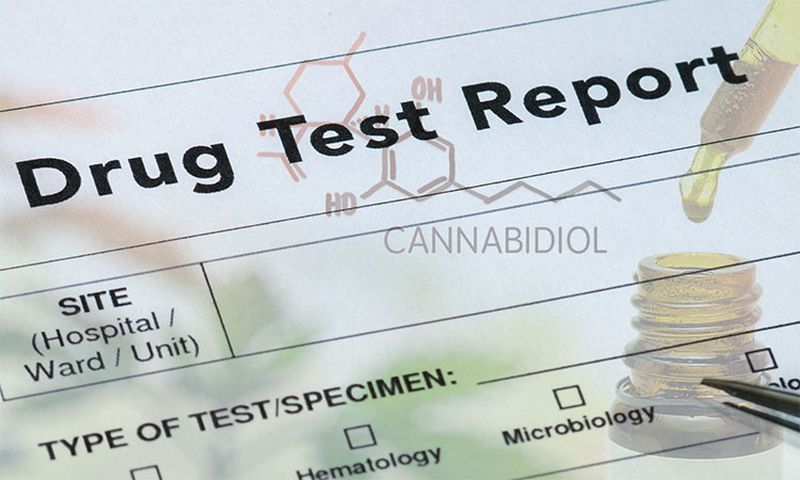
However, keep in mind that employers can target individuals if they reasonably suspect that person of impairment. This applies doubly so for employees that are in high-risk occupations, such as operators of heavy machinery.
To get around these pitfalls, use common sense:
- Always buy reputable brands from reputable retailers
- First-time users of CBD (or first-time users of a new CBD product) should use the cannabinoid over the weekend to determine how it will impact their body and senses. You do not want to experiment right before heading into the office on a Monday morning!
- Prior to a possible drug testing for a contingent employment offer, considering weaning off CBD altogether
- Never use any product – CBD or otherwise – that impairs you at work.
- Finally, for employees in occupations featuring frequent drug tests, always use isolate or broad spectrum CBD (from reputable sources)

